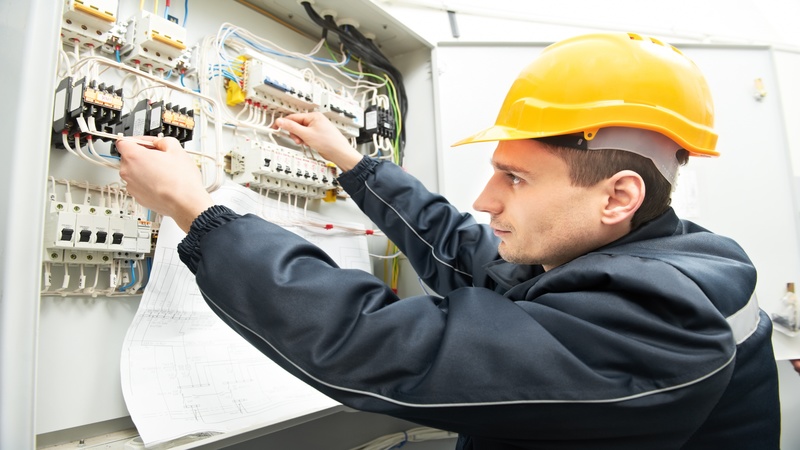Scientists predict that Superstorm Sandy and huge snowfalls foretell permanent changes to the New York weather. Having a portable generator can help your family and your pets in emergency situations. Follow these tips for buying a portable Generator in New Jersey and you will be able to purchase the best generator for your home.
Size
Bigger is not necessarily better when it comes to portable generators. A generator needs to be small enough for you to easily maneuver. The average size generator provides 8000 watts of power. The smallest generator for the average home should be 4000 watts of power. If you cannot move that one about, consider getting a smaller 900 watt camping generator and confining your family to one room of the house to conserve power. 900 watt generators can also run power tools, should you need to cut down downed trees.
How Many Devices Need Power
In an emergency situation like a power loss due to a blizzard, less is more. The fewer appliances that you need a generator to run the better. Consider only plugging in a lamp and a space heater. However, this may be a dangerous situation for some people. Pet fish may soon die when exposed to sudden temperature changes or if their filtration system stops for more than a few hours. If more than two devices need power, your home’s safety is compromised. Get a transfer switch installed by a professional electrician.
Consider Cords
You can’t just plug in any cord directly to a generator if you need to run a large appliance like a stove or a refrigerator. The cords need to be long enough and tough enough to go outside of the home where the generator is. Cords should be brightly colored so people don’t trip over them. Cords need to be able to handle a minimum of 240 volts, otherwise they could catch fire or you could get electrocuted. Cords need to be in excellent condition to handle the amount of voltage going through them. Replace any cords that are split, frayed, cut or show signs of damage.


